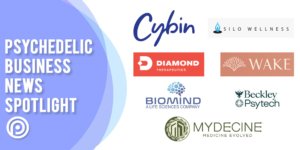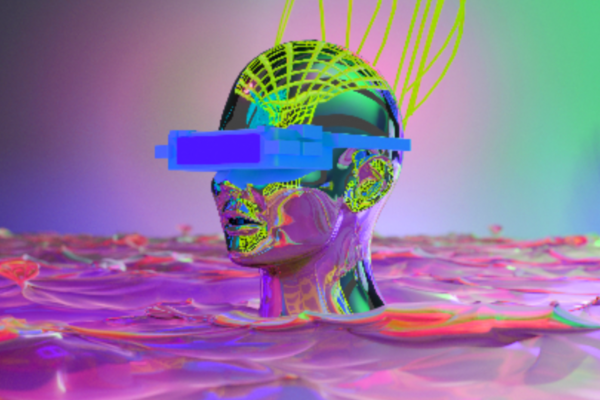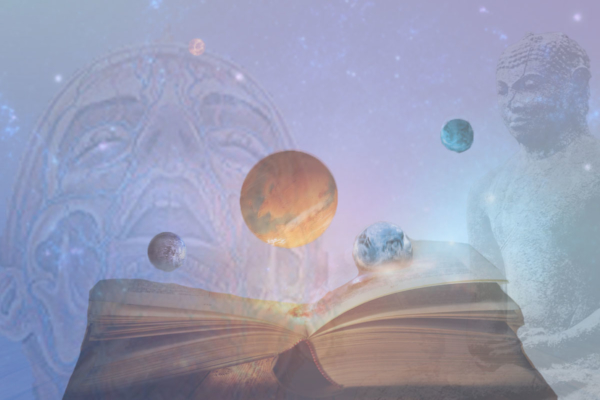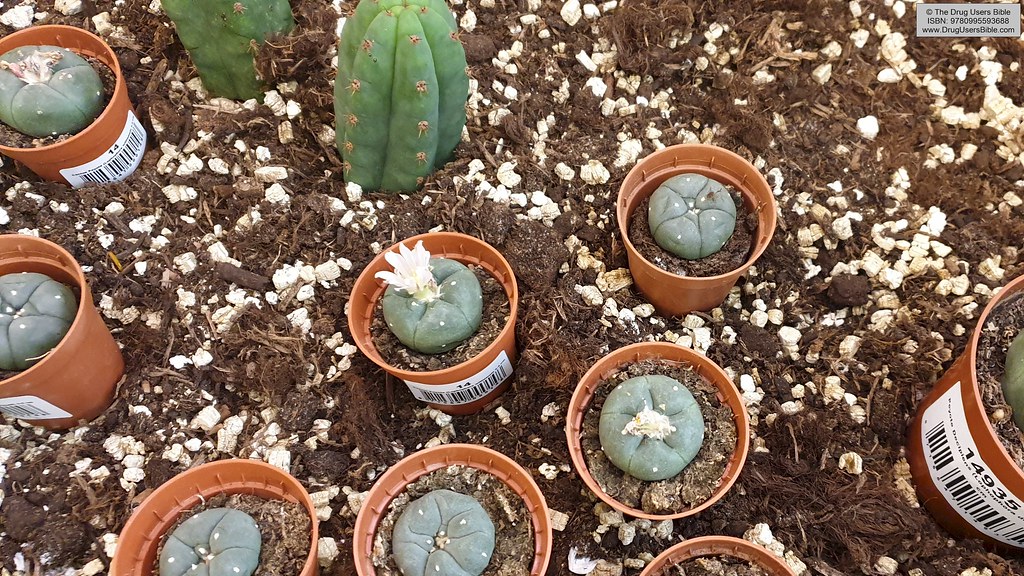
Mescaline, the naturally occurring psychedelic substance found in the button-shaped seeds on the peyote cactus, can improve symptoms of depression and anxiety especially if the psychedelic experience is deep and meaningful, according to preliminary results from a new study published in the journal ACS Pharmacology & Translational Science.
“Contemporary research involving classic psychedelics has shown promise in treating a variety of mental health conditions including major depression, existential distress associated with a serious illness, post-traumatic stress disorder (PTSD), and addiction,” the researchers said. “The psychiatric benefits of certain classic psychedelics have been well studied in recent years, paving the way for more research into classic psychedelics.”
Much of that research has focused on psychedelics such as psilocybin, LSD, MDMA, and even DMT. But little attention has been paid to mescaline, a psychedelic that has been used ceremonially for centuries among Native American tribes. The researchers wanted to see if mescaline held similar benefits.
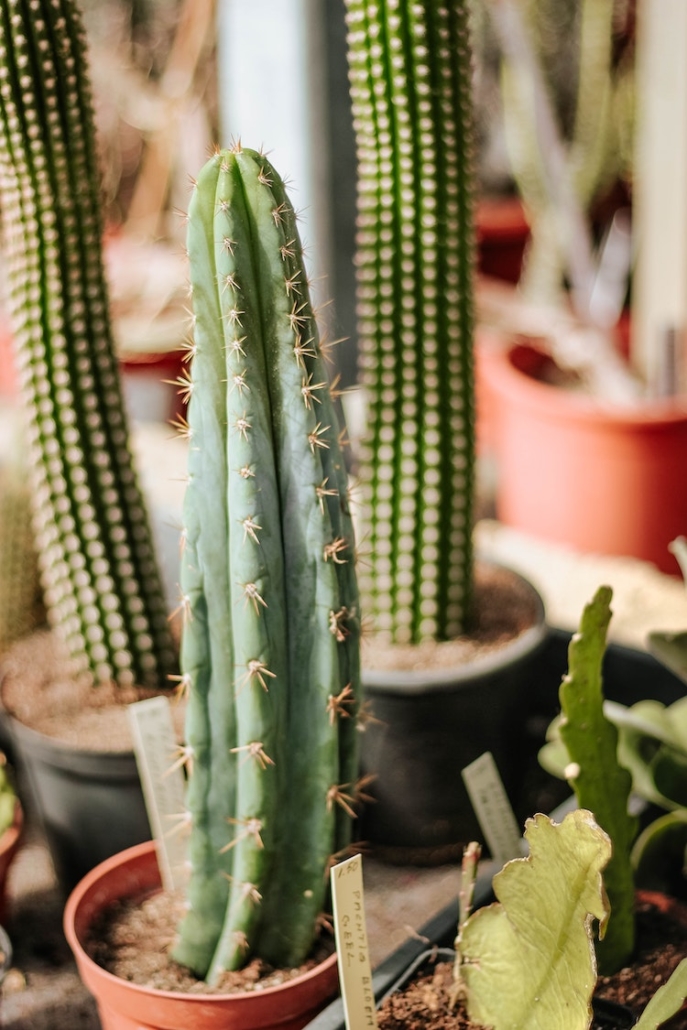
For the study, researchers recruited 452 adult volunteers from around the world who had reported using mescaline at least once. Participants were asked to complete a wide-ranging questionnaire gauging their symptoms of depression, anxiety, PTSD, alcohol misuse or alcohol use disorder, and drug misuse or drug use disorder.
About a third of the participants reported that their mescaline trip was one of the top five most personally meaningful or spiritually significant experiences of their lives. Many also reported that the experience helped improve psychiatric conditions, though the vast majority said they didn’t try mescaline with the intention of treating their mental health.
About half said they had been depressed or anxious at the time of their mescaline experience. Among those who were depressed, 86 percent said they saw improvements after taking the medicine, while 80 percent of those who had been anxious when they used mescaline saw improvements with their anxiety.
Researchers also found that participants’ psychiatric improvements were associated with particular features of their psychedelic experience. For example, those who saw the greatest symptom relief reported more mystical-type phenomenon, greater psychological insight, and more ego dissolution effects while tripping on mescaline.
While more research is necessary to better understand the long-term psychological effects of mescaline, “the results from our study indicate that when administered in a naturalistic setting, mescaline may facilitate unintended improvements in self-reported depression, anxiety, PTSD, and substance use disorders,” the researchers concluded.

